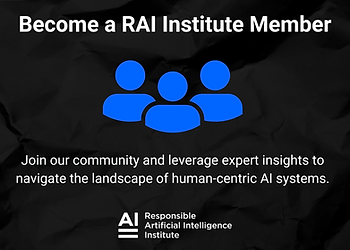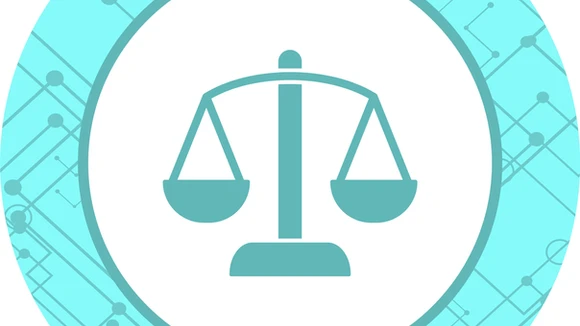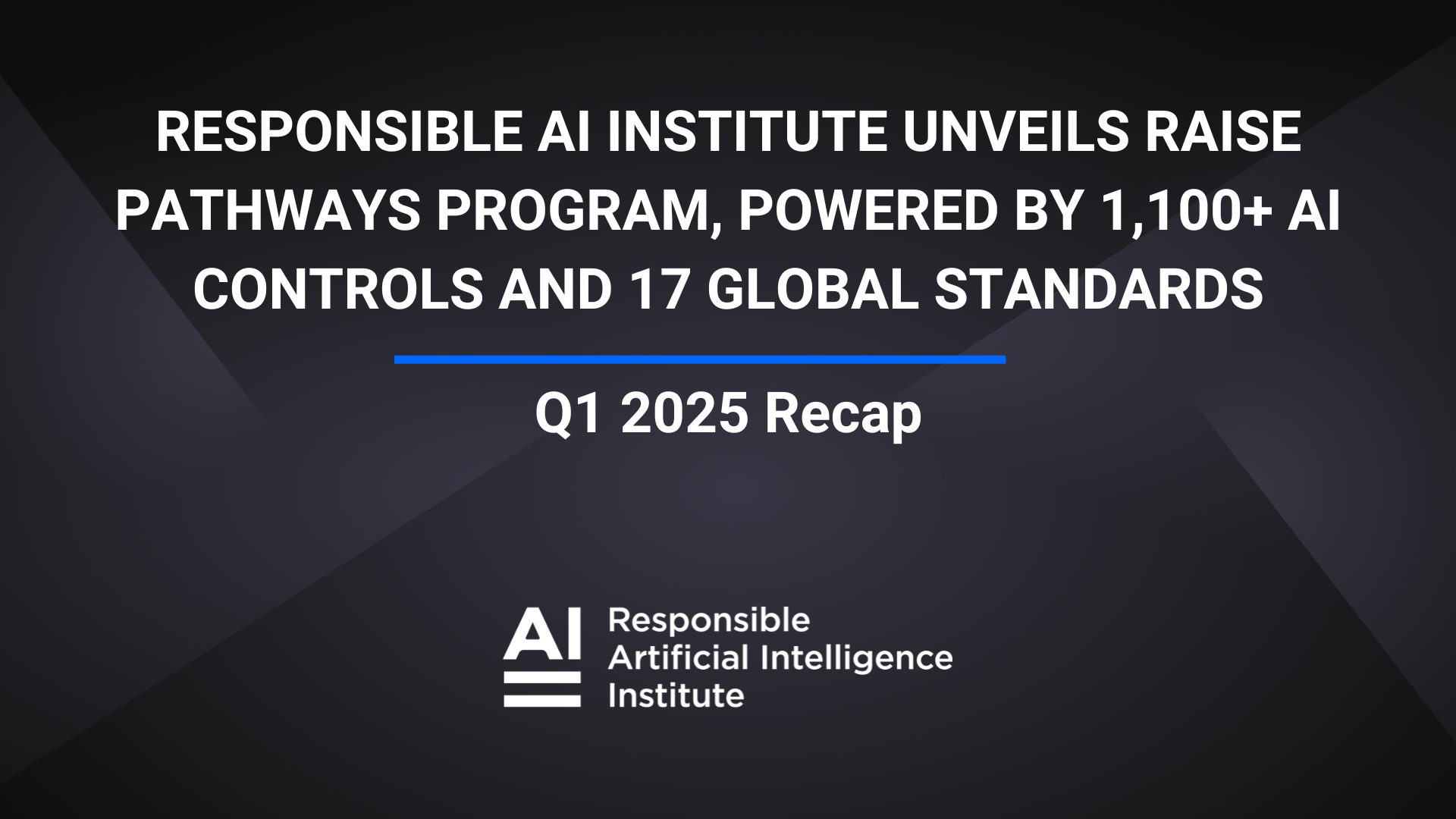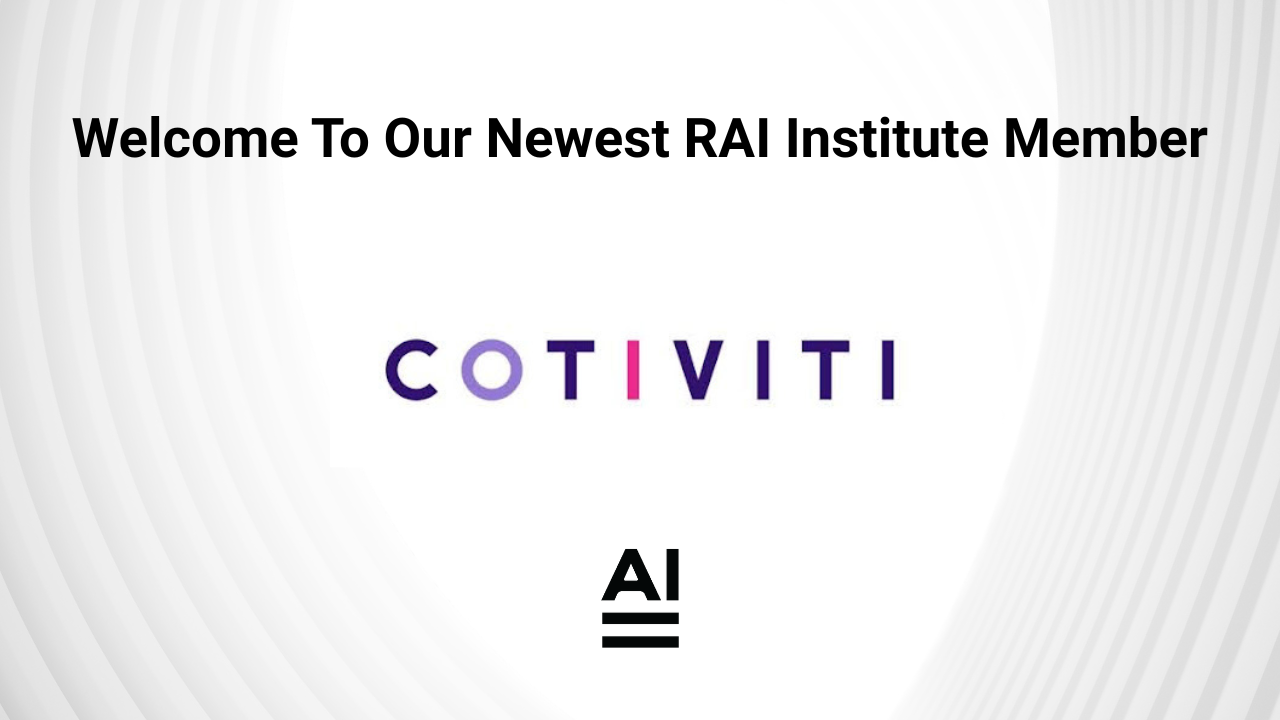Background on Responsible AI (RAI) Maturity
Responsible AI (RAI) frameworks and approaches, or approaches to AI that are designed to build trust, empower stakeholders, and mitigate harm, have gained significant prominence in the public eye, marketplace, and regulatory landscapes. This emergence underscores the need for mature responsible AI capabilities—in terms of both principle and practice—at organizational, team, and individual levels.
With the increasing awareness of AI’s potential risks, there has been a notable surge in momentum at the corporate level towards RAI since around 2018. Numerous companies are now proactively improving their RAI practices through comprehensive governance, detailed policies, and targeted training. These organizations are aligning with regulatory changes and conducting thorough internal and external RAI assessments and audits. Such strategic efforts enable them to leverage AI’s benefits responsibly, mitigate risks, minimize compliance and operational issues, preserve stakeholder trust, and gain a competitive edge.
Despite this progress, the majority of the market remains in the initial stages of RAI maturity. The rapid adoption of AI technologies highlights a gap in the implementation of responsible AI practices, indicating the urgent need for clear guidance for AI organizational governance. As the understanding and standards of RAI continue to evolve, organizational maturity in this area is expected to grow correspondingly. As a result, achieving RAI maturity is a dynamic challenge, necessitating a growth mindset and ongoing commitment to navigating and adapting to the fast-changing socio-technological environment.
The Responsible AI Maturity Model
To assist AI practitioners and professionals in navigating their RAI journey and planning their next steps toward RAI excellence, the RAI Institute has developed the Responsible AI Maturity Model.
This model, informed by seven years of research into hundreds of maturity models across organizational, software development, IT, DEI, risk management, and ESG domains, is used across the RAI Institute assessments, benchmarks, and implementation guidance.
The model outlines five stages of RAI maturity:
- Aware
- Active
- Operational
- Systemic
- Transformative
Each stage represents a step forward in the integration of RAI principles into the core operational, strategic, and developmental fabric of an organization. Throughout these stages, the RAI Maturity Model emphasizes the importance of evolving from an initial, unstructured approach to a sophisticated, integrated, and ultimately transformative RAI strategy. This progression involves not just the adoption of technical standards and practices but also a deep cultural shift within organizations toward valuing and prioritizing responsible AI.
As best practices and regulatory landscapes evolve, the RAI Institute applies this model to offer a structured pathway for organizations to navigate the complexities of implementing AI responsibly. The RAI Institute provides benchmarks for organizations starting their RAI initiatives, offering strategic implementation insights at organizational as well as AI product/system levels. Our work helps build global market capacity to ensure that AI systems today are not only effective and efficient but also aligned with impacts, standards, best practices, and societal expectations.
Aware Stage
At the initial “Aware” stage, organizational practices around Responsible AI are largely unstructured, sporadic, and reactive. There is a significant gap in aligning with current regulations and best practices, necessitating a greater organizational focus on RAI. Efforts at this stage are characterized by a lack of coordination and documentation, relying heavily on individual contributions rather than systematic approaches. The potential for improvement is substantial, but so is the need for establishing foundational RAI processes and frameworks.
Active Stage
Progressing to the “Active” stage, organizations have begun to partially document, plan, and monitor RAI practices, albeit on a project-specific basis. This stage marks a shift towards more defined practices within silos and departments, with emerging standards and process documentation starting to reduce reliance on ad-hoc methods. Organizations at this level have a clearer understanding of RAI’s potential and have started to engage more systematically with data quality, risk assessments, and the broader implications of AI technologies.
Operational Stage
The “Operational” stage sees an organization’s RAI practices becoming well-characterized and understood within the applied contexts, blending reactive and proactive approaches. There’s a greater emphasis on integrating capabilities, standardizing processes, and adopting best practices related to responsible AI organization-wide. This integration facilitates a more empowered and informed workforce, capable of contributing effectively to RAI objectives. Organizations in this stage begin to experience less resistance to change, as automation and clear governance structures support continuous improvement and value.
Systemic Stage
At the “Systemic” stage, RAI practices are consistently applied across most of the organization, demonstrating a proactive and mature approach to responsible AI governance. Organizations at this level have established data quality assurance processes and frameworks tailored to their specific needs, following best practices for data management, validation, and monitoring. The strategic alignment of processes with broader organizational goals becomes evident, with teams managing work through well-defined metrics and experiencing fewer miscommunications.
Transformative Stage
Finally, the “Transformative” stage represents the pinnacle of RAI maturity, where organizations are considered best-in-class, with RAI practices being statistically measured, evaluated, monitored, and consistently applied across the entire organization. These organizations lead the industry in responsible AI, with robust frameworks for data governance, regular voluntary audits and certifications, and a culture of continuous improvement. They are adept at adapting to new changes, incorporating feedback, and innovating within the realm of AI technologies.
Supporting You on Your RAI Journey
Determining your organization’s status within the Responsible AI (RAI) maturity model is vital for moving towards RAI Excellence. It is important to identify both the strengths and areas for growth within your organization. The position of an organization on the RAI journey varies widely, influenced by executive support, risk tolerance, history, and culture, and does not necessarily align with its age or size. Even startups can achieve high levels of RAI maturity, while some larger, established companies may be at earlier stages.
Excellence in RAI requires unity, cohesion, and alignment on user insights and product strategy. Advancement necessitates a clear vision, leveraging strengths, acknowledging risks, and embracing both external and self-assessments as tools for improvement, not as judgments. With the permanence of RAI expectations, norms, and regulations, attaining maturity is a gradual, resource-intensive, yet fundamentally valuable endeavor.
The Responsible AI Institute is here to support you in your responsible AI journey. Engaging with us for assistance on this path provides you with essential support and direction for making significant progress toward RAI maturity. By assessing and guiding your RAI practice at both the organization and system-level, we help ensure your organization is equipped to navigate the complexities of successful responsible AI implementation maturity.
To learn more about how we help our members achieve their RAI maturity goals, click here.

About Responsible AI Institute (RAI Institute)
Founded in 2016, Responsible AI Institute (RAI Institute) is a global and member-driven non-profit dedicated to enabling successful responsible AI efforts in organizations. We accelerate and simplify responsible AI adoption by providing our members with AI conformity assessments, benchmarks and certifications that are closely aligned with global standards and emerging regulations.
Members include leading companies such as Amazon Web Services, Boston Consulting Group, ATB Financial and many others dedicated to bringing responsible AI to all industry sectors.
Media Contact
For all media inquiries please refer to Head of Marketing & Engagement, Nicole McCaffrey, nicole@responsible.ai.
+1 440.785.3588.
Social Media




